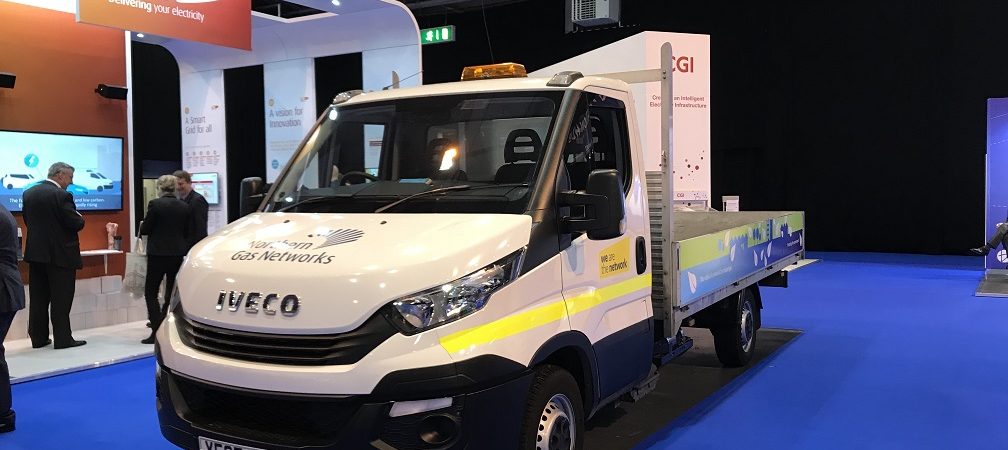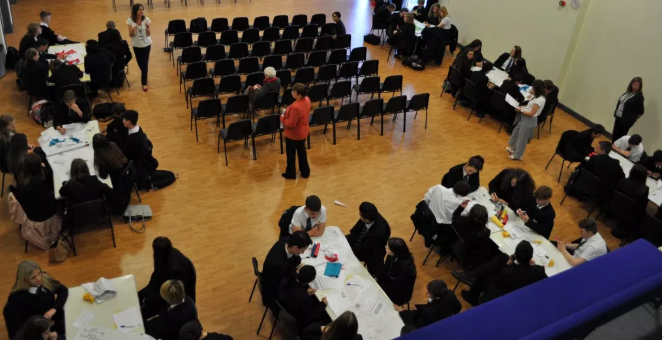
A refreshed plan for delivering more and better jobs in the North East
In February the North East Local Enterprise Partnership (LEP) published the updated Strategic Economic Plan for the North East. The Plan, which lays out the roadmap for creating 100,000 more and better jobs for the region by 2024, has been updated to reflect progress made since its initial launch in 2014, and to take account of changes in the economic landscape.
North East LEP Skills Director, Michelle Rainbow, talks through some of the changes you can expect to see when it comes to supporting skills, employment, inclusion and progression in the North East.
We have revisited the Strategic Economic Plan for a number of reasons. Changes to the economy both nationally and globally and of course the changes which lie ahead of us, including Brexit and the opportunities that could be available to us through the Industrial Strategy and global opportunities, mean that we chose to lay out how we will continue to work towards achieving our ambition of creating more and better jobs.
The updated Plan makes clear links to the development of the North East Local Industrial Strategy, which identifies how we will make the most of our particular strengths to maximise productivity and improve standards of living for people here in the North East, and how the region will make an important contribution to the overall UK Industrial Strategy.
In the updated Plan, the skills programme and the employability and inclusion programme have been brought together into a combined skills, employment, inclusion and progression programme. The work we do in this area is all about progression and improving social mobility in the North East. It’s about supporting people as they make transitions throughout their lives and careers, whether that is school pupils learning about the world of work and further education, people preparing to return to the workforce later in life, or graduates who are choosing where to live, work and stay after university. It’s all intrinsically linked and the updated Plan reflects this.
Our focus is on all age groups and circumstances and our programme of work will help us achieve our long term ambition for the North East: that demand for skills and the quality of jobs continue to improve, leading to higher productivity. We want individuals, regardless of age or employment status, to have a good understanding of employment opportunities available and how to access them, we want to continue to strengthen links between employers and education, and we want everyone to understand the importance of skills in raising productivity and living standards.
You will see a cross-cutting theme of digitalisation throughout the Plan. If the North East is to continue to compete on a national and international stage then it’s vital that digitalisation and digital skills are embedded across our businesses and communities. As we move into Industry 4.0, our workforce and our young people must have access to the digital skills and related opportunities this fourth industrial revolution will bring.
Alongside our board we have advisory boards made up of representatives from the public and private sectors, the voluntary sector, trade unions and business representative organisations including the CBI and Chamber of Commerce. Our advisory boards have valuable experience in each of our focus areas of industry – energy, digital, health and life sciences, and advanced manufacturing – and in innovation, business growth, and employability and skills.
The guidance of our board members and our advisory panels becomes ever more important as we continue to deliver the SEP and the Local Industrial Strategy, and we will make use of their expertise and our close working relationships with partners across the North East to deliver on our ambition of creating more and better jobs.
Read the North East Strategic Economic Plan.






